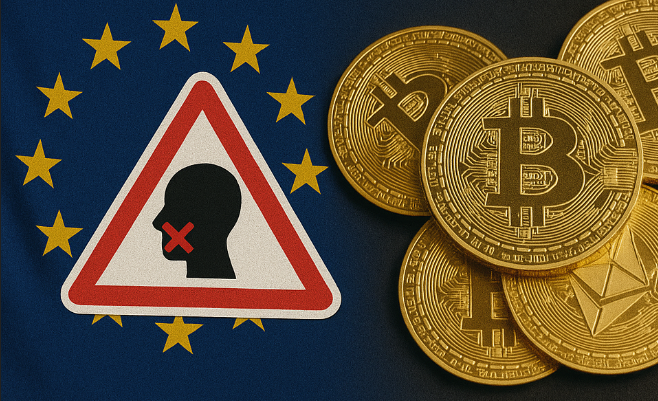New crypto legislation in Slovenia: never tell anyone how much crypto you have (and indeed not the state)
In addition to the EU’s blanket, bureaucratic, and surveillance-oriented MiCA legislation, most EU countries have outright anti-crypto legislation aimed at minimizing and preventing the use of decentralized cryptocurrencies in society, paving the way for a pan-European surveillance CBDC, such as the digital euro.
No one wants a digital CBDC euro, but without it, there is no future for the European Central Bank. And without the European Central Bank, there is no future for a centralized EU. The digital euro will eventually become mandatory everywhere, even if it is initially presented as just an innocent addition to regular fiat currency.
Slovakia is not the only country with the worst crypto legislation, where the sale of crypto is punished with a brutal 40% tax burden (it is worth considering who pays this, given that the MFSR collected 98% less in crypto taxes in 2023 than they had planned 🙂
A few months ago, I published an article about how the Czech Republic’s crypto-friendly tax regulation could be abused to create an incentive to declassify crypto, i.e., to declare one’s crypto to the state, which would then not be taxed after three years.
In Slovenia, there is new insidious crypto legislation that creates a strong economic incentive for Slovenian crypto owners to declare all the crypto they own. In the future, as a Slovenian tax resident, you will have two options:
1. Either sell your previously undeclared crypto — in this case, you pay a 25% tax on the purchase price of zero, i.e., the entire amount of your crypto plus a penalty.
2. Declare by a specific date (January 1, 2026) that you own crypto in a certain amount. In this case, you only pay 25% of the profit you earn on the crypto compared to the price you declared to the state.
So if you don’t want to pay high taxes on crypto in Slovenia, the most economical solution is to declare all the crypto you have to the state.
I want to point out that it is hazardous for the state to know how much crypto you have.
-
The level of security in the state sector is very low, and sooner or later, the information will leak out and you will find yourself on a hit list — a list of crypto kidnappers and terrorists (which already includes more than 48,000 Norwegians who declared their crypto to the state).
As an IT security analyst familiar with the level of security of state systems, I consider this to be a significant risk. -
The state will not only know that you have crypto, but how much. This poses many potential risks — in the future, it could introduce progressive taxation of crypto based on volume, or even introduce a special exit tax for crypto holders (and significantly complicate the process of canceling permanent residence and leaving the country). Many EU countries have already introduced exit taxes, and others are in the process of doing so. In the future, the state could turn you into a “cash cow” — for example, as the primary contributor to universal basic income (UBI), which is likely to be introduced in the EU.
Article 29 of Slovenian crypto legislation (Notification of crypto assets stock as of January 1, 2026)
- The taxpayer is required to notify the tax authority of the stock of all crypto assets held by them as of January 1, 2026.
- The notification shall contain all information necessary to identify the crypto assets in the stock, including information on the type of storage or management, and their comparable market price as of January 1, 2026.
- The notification shall be made no later than June 30, 2026, on a form prescribed by the minister responsible for finance, in electronic form.
- Notwithstanding Article 11 of this Act, the value at the time of acquisition of a crypto asset that the taxpayer acquired before January 1, 2026, and did not notify the tax authority within the period referred to in the third paragraph of this Article shall be deemed to be zero.
- The Financial Administration of the Republic of Slovenia shall, no later than January 15, 2026, publish a list of standardized values of crypto-assets as of January 1, 2026, namely those crypto-assets that are consistently ranked among the 10 crypto-assets with the largest daily or monthly trading volume on major regulated exchanges, as reported by recognized financial data providers. The taxpayer may, in the notification of the stock of all its crypto-assets under this Article, enter the standardized value of the crypto-asset from the list as a comparable market price as of January 1, 2026.
The last sentence of the paragraph (4) is the essence here – in the case you don’t notify the tax authority about your holdings within a specified time, your acquired price will be deemed to be zero.

What can I do without breaking the law?
If you are not only a Slovenian but also an EU tax resident, you have several options:
If you can afford it, cancel your tax residence in Slovenia/the EU (which means that you can no longer live in that country for most of the year/have a “permanent residence” there). And get a tax residency in a truly crypto-friendly country where no one asks you about crypto (for example, Paraguay, where you don’t have to live most of the time to obtain tax residency — we’ll be happy to help you with that).
Avoid selling crypto, especially Bitcoin, whose price is constantly fluctuating. Instead, use it as collateral and borrow fiat against it. There are many anonymous options (for example, decentralized AAVE.COM, where you can borrow stablecoins, such as USDT, USDC, and even EURC, at rates of 4-5%). You can exchange these anonymously for cash or recharge them to crypto cards, where you can complete KYC using your Paraguayan documents (for example, using crypto cards such as Xapo.com, Ether.Fi, RedotPay, CypherWallet, or Ready Card).
Another popular option is to use a service such as firefish.io, where you deposit your Bitcoin into a smart contract and borrow fiat (EUR, USD, CZK) against it. As this is a regulated service, KYC is required.
I also recommend an excellent course: Juraj Bednár’s — How to use the value of Bitcoin without having to sell it (use the code LIBERATIONTRAVEL for a 10% discount).
Since Bitcoin’s year-on-year growth is almost always higher than annual inflation and your interest rate, you can draw on your crypto loan until:
-
You change your tax residence to a better country (such as Paraguay). You can sell your crypto freely and without taxes.
In any case, never disclose to anyone how much cryptocurrency you have.
And don’t fall for the attractive tax games played by countries that will rob you of the most important thing you have — your privacy.
